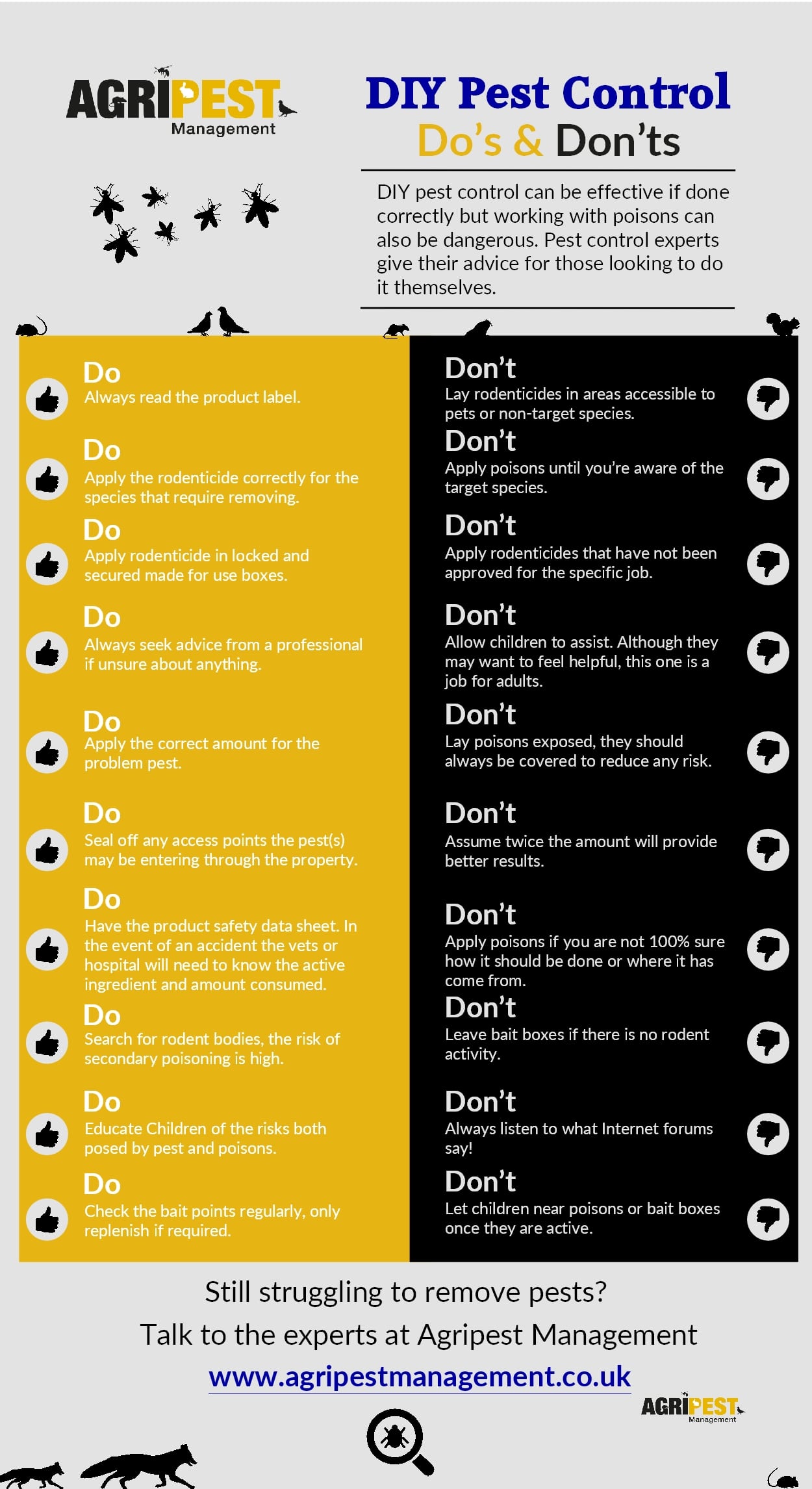Shield Your Yard From Vermins: Advice For Maintaining Unwanted Intruders Away
Shield Your Yard From Vermins: Advice For Maintaining Unwanted Intruders Away
Blog Article
Personnel Author-Gupta Hartvig
Picture your garden as a sanctuary, a location of peace and charm. However, the presence of outdoor parasites can rapidly disrupt this ideal image. What if there were fruit fly killer yet efficient ways to maintain these unwanted site visitors at bay and protect your yard sanctuary? By adhering to a few functional suggestions and applying natural techniques, you can develop an unified outdoor area where your plants can flourish uninterrupted.
Natural Pest Deterrents
To keep pests away from your yard normally, plant fragrant herbs like mint and lavender. These fragrant plants not only include appeal to your garden but also serve as effective parasite deterrents. Bugs like insects, flies, and also some garden-damaging insects are repelled by the solid aromas discharged by these natural herbs. Simply placing them purposefully around your yard can help develop an all-natural barrier against unwanted parasites.
Along with mint and lavender, think about growing various other herbs like rosemary, basil, and lemongrass to better boost your yard's pest-proofing capabilities. These herbs not only work as all-natural repellents but additionally have actually the added benefit of serving in food preparation or crafting home made remedies.
Strategic Plant Placement
Consider the layout of your yard and the kinds of plants you need to purposefully position them for optimum pest-proofing efficiency.
Beginning by grouping plants with similar resistance to bugs together. By doing this, you can create a natural obstacle that discourages parasites from spreading out throughout your garden.
Furthermore, positioning pest-repelling plants like marigolds, lavender, or mint near more prone plants can aid secure them. Tall plants, such as sunflowers or corn, can act as a shield for shorter plants versus parasites like bunnies or ground-dwelling pests.
Bear in mind to leave enough area between plants to improve air flow and minimize the risk of diseases that pests could bring.
In addition, think about planting strong-smelling natural herbs like rosemary or basil near at risk plants to puzzle insects' senses and make it harder for them to find their targets.
Reliable Insect Control Methods
For combating garden insects efficiently, carrying out a multi-faceted parasite control method is vital. Start by motivating all-natural predators like birds, ladybugs, and hoping mantises to aid maintain insect populations in check. Presenting plants that draw in these helpful pests can help in pest control. In addition, exercising good garden health by removing debris and weeds where insects may conceal can make your garden less congenial to unwanted visitors.
Consider making homeopathic flea treatment of physical obstacles such as row cover textiles or netting to shield susceptible plants from insects like caterpillars and birds. Using natural flea and tick like neem oil or insecticidal soap can also be effective versus particular parasites while being much less dangerous to valuable insects and the atmosphere. It's essential to rotate your crops each period to stop the accumulation of bug populaces that target particular plants.
Consistently inspect your plants for indicators of parasite damage so you can act immediately. By integrating these methods and remaining vigilant, you can successfully manage yard insects and enjoy a growing, pest-free yard.
Verdict
So, there you have it - with the best techniques, you can maintain pesky outdoor pests far from your yard and help your plants thrive.
Did you recognize that planting mint has been revealed to ward off mosquitoes and other pests, decreasing the requirement for dangerous pesticides by as much as 60%?
By incorporating all-natural deterrents and smart planting strategies, you can create a stunning and pest-resistant yard sanctuary for you to delight in.
